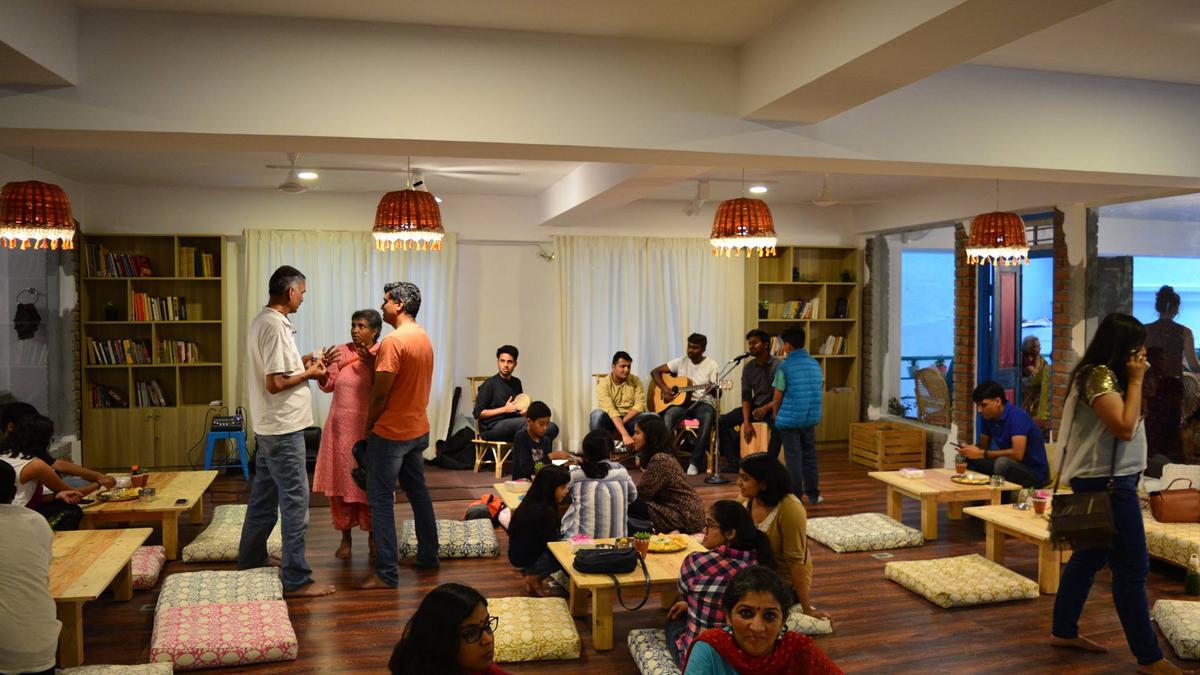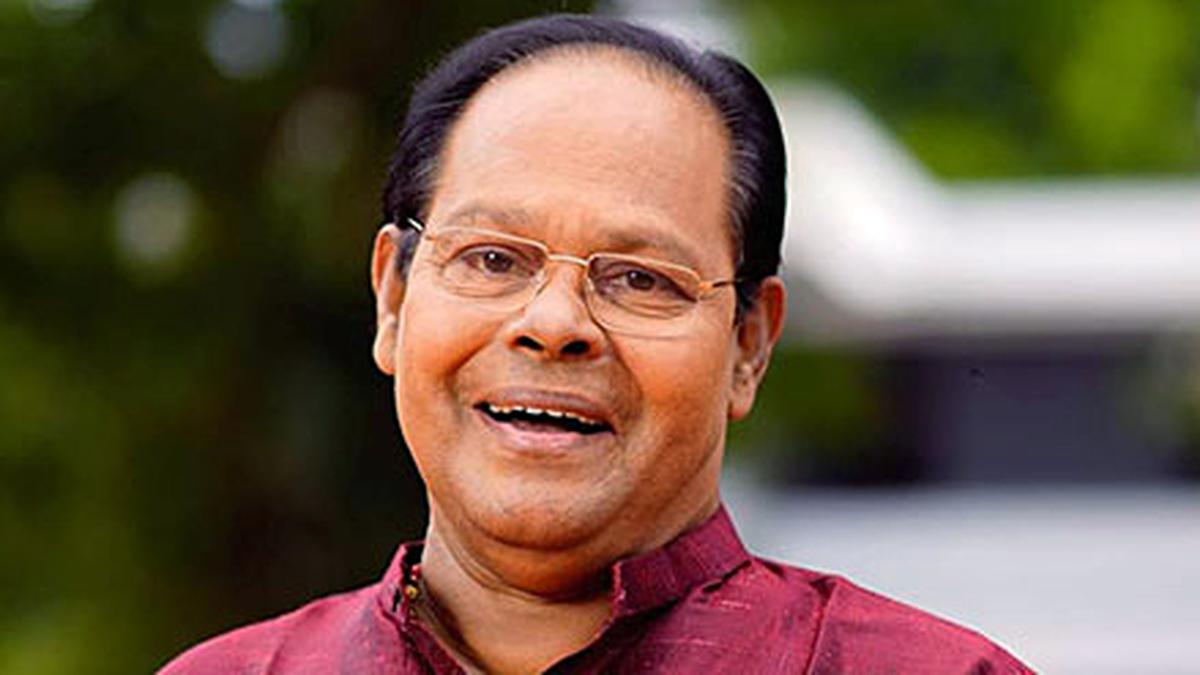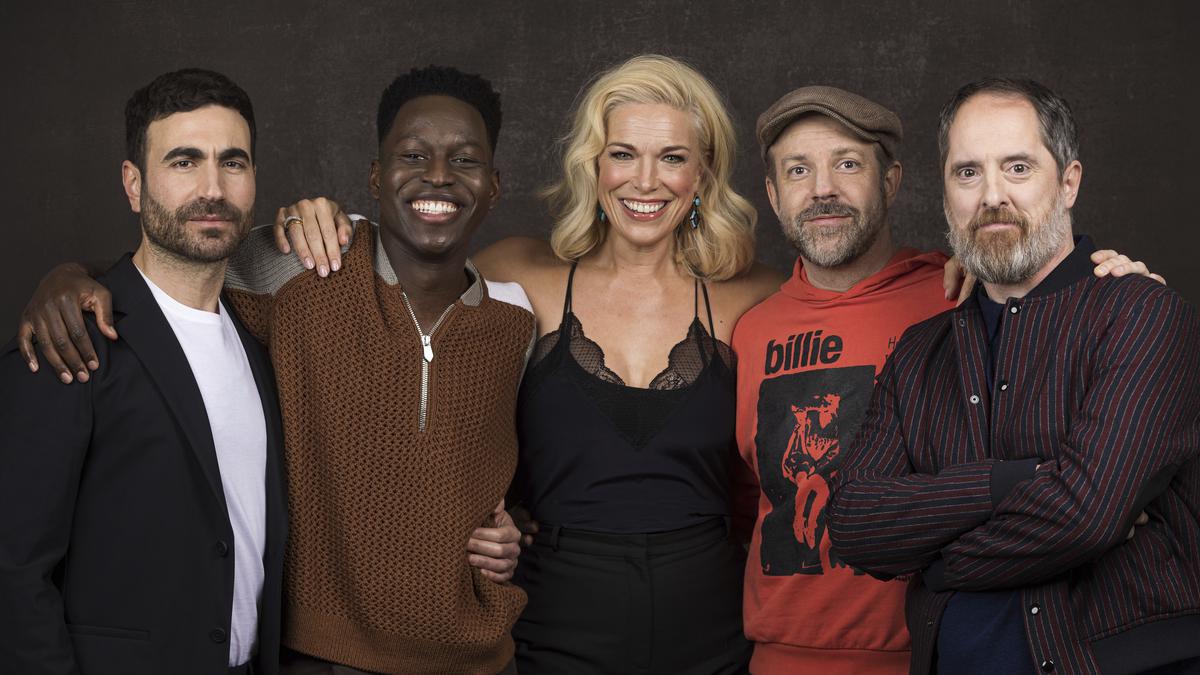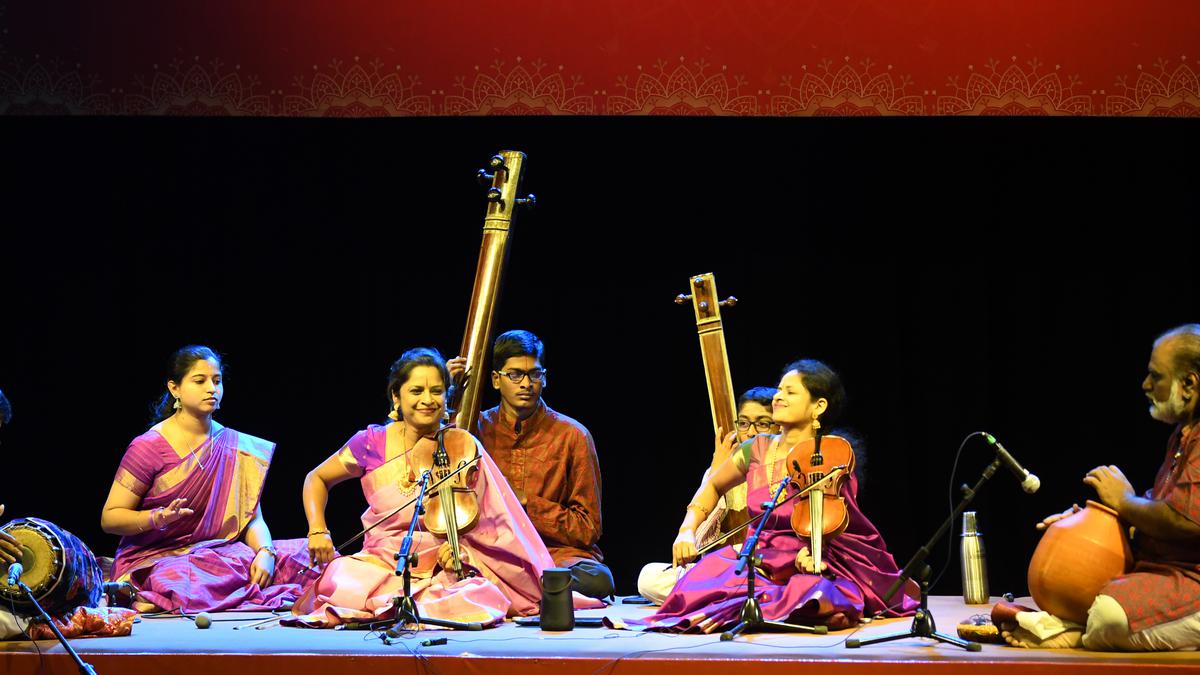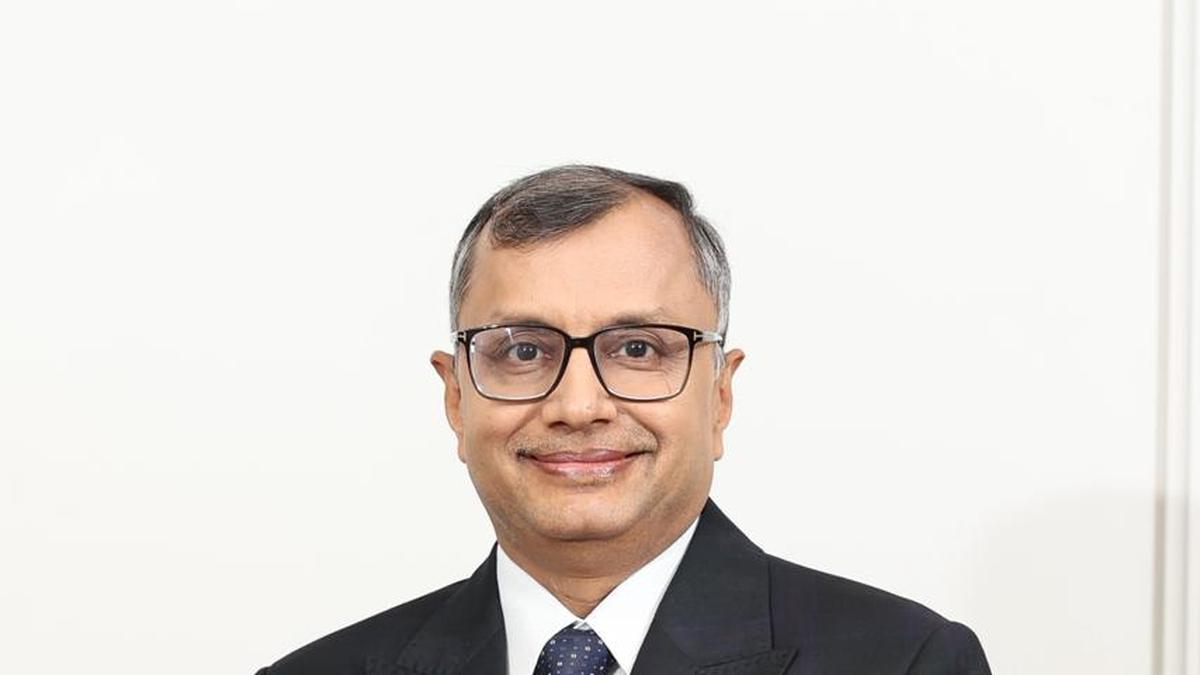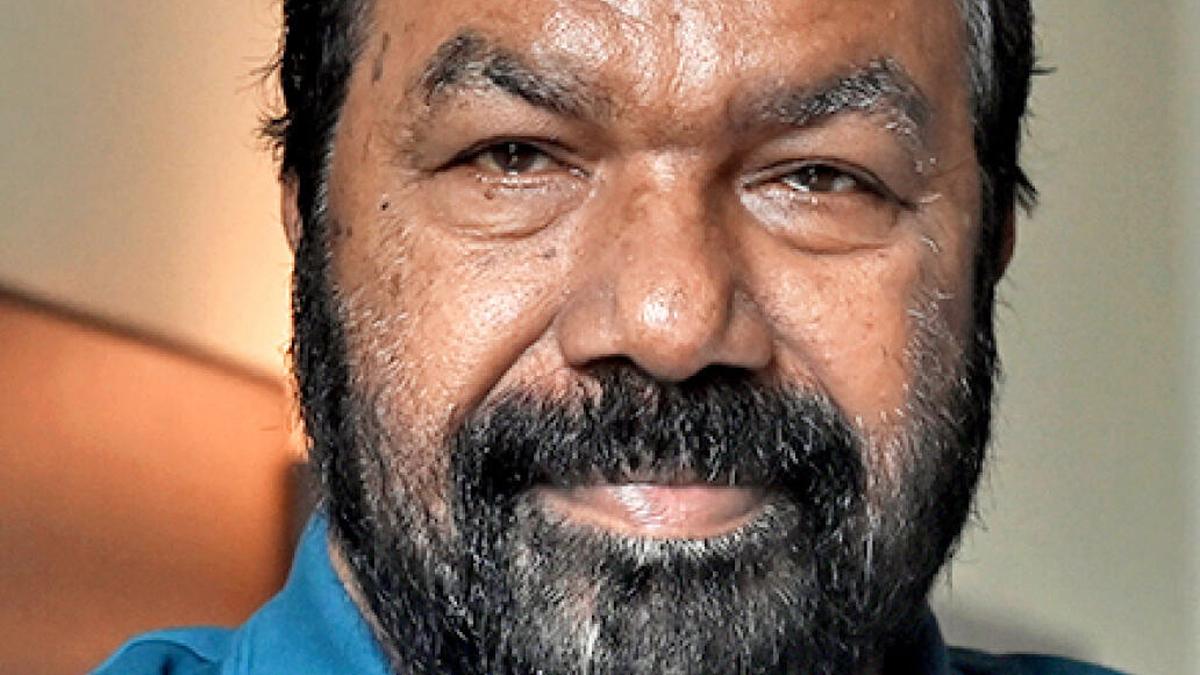Rajkumar Nihalani first heard about Lahe Lahe in HAL when he moved to Bengaluru from his hometown, Ahmedabad, in 2019. He had been looking for this kind of space for a long time — one that fosters a social community, a space that does not judge, a space where he can feel free. Soon, Rajkumar,became a regular at Lahe Lahe, attending many of the events it hosted. He grew so attached to the space that when his office shifted from MG Road to Electronic City — about 20 km from his house in Indiranagar, he chose to stay in Indiranagar. He did not mind the long commute; he wanted to be as close to Lahe Lahe as possible. Then, last July, he was transferred to Thane, Mumbai. He did not mind the city but missed Lahe Lahe. “I couldn’t find another place like that,” he says.
Fortunately, his company recently transferred him back to Bengaluru. And Rajkumar cannot wait to reunite with Lahe Lahe. Why does he like it so much?
“I can be myself. I am a 47-year-old guy. I can go there for a salsa workshop or learn bhangra. It’s like…” he pauses a few seconds to find the right words: “You feel at home.”
It is precisely how Mansee and Nikhil Thard wanted people to feel at Lahe Lahe when they created the space seven years ago.
“The feeling of loneliness and alienation can be excruciating in an urban environment, especially when you are not from the city. We wanted to create a space where you can talk your heart and celebrate your flaws,” says Nikhil, sitting with Mansee at Lahe Lahe’s terrace during the space’s seventh anniversary. The couple celebrated the occasion on April 1 with Lahe Lahe’s regular patrons, recalling fond memories from the seven-year journey.
From a tiny terrace-only art space in 2016, Lahe Lahe has grown into a 7,700 square foot community hub spread across three floors and a terrace that provides space for a wide range of activities. Apart from art, music, and theatre, it hosts cinema screenings, storytelling sessions, dance and pottery workshops, poetry readings and other events. Though the space has grown over the years, it still creates a sense of intimacy.
Sonali Bhatia, 56, for instance, has been organising Harry Potter sessions since 2017. On the first Sunday of every month, Sonali and the other Potterheads (aged 12 and above) assemble at Lahe Lahe, discussing unconventional topics from the novel — for instance, the different kinds of parenting of the characters.
Sonali uses the same word as Rajkumar, ‘home’, to describe Lahe Lahe. “Before I approached Mansee, I went to a few other spaces. They told me Harry Potter is passé now and a discussion group on that won’t work. Mansee immediately said yes and welcomed me. So, I am deeply attached to this space,” she says.
Sonali’s 88-year-old wheelchair-bound father also visits the space occasionally. “He has been a part of the painting classes, pottery, music classes, and a cinema group,” adds Mansee. “He’s such an inspiration for all of us.”
“I don’t think he would have done all that if it weren’t for Lahe Lahe,” says Sonali.
Maya, who conducts pottery workshops at the space, reckons it nurtures collaborations among artists. “Since many artists share the same roof, new ideas emerge. For instance, I collaborate with someone who does mosaic art, which is close to pottery.”
Aparna Jaishankar, a storyteller, reckons Lahe Lahe is more than just a space provider for art. “They nurture artists,” she says. “It isn’t easy to get an audience in Bangalore. People have a plethora of options like cinema, theatre, etc. So, for people to attend your show, it isn’t just enough if your content is good but the marketing has to be good too. Lahe Lahe understands the artists and the audience. You just need to care about your content; they do the rest. Even if things go wrong, they have your back. And it gives you the freedom to experiment.”
Lahe Lahe, she adds, also values the artist-audience interactions. “I’ve been lucky to talk to my audience after almost every performance. These conversations help the art and the artists grow. Otherwise, if you are just going separate ways after the performance, you aren’t taking away much. Lahe Lahe understands this and allows that breathing space. They are never in a hurry.”
After all, Lahe Lahe, in Assamese, means ‘slowly, slowly’, which is in deliberate disagreement with hustle culture. In a city that seems to be getting faster by the day, this little building, almost hidden in the HAL area, seems necessary.


